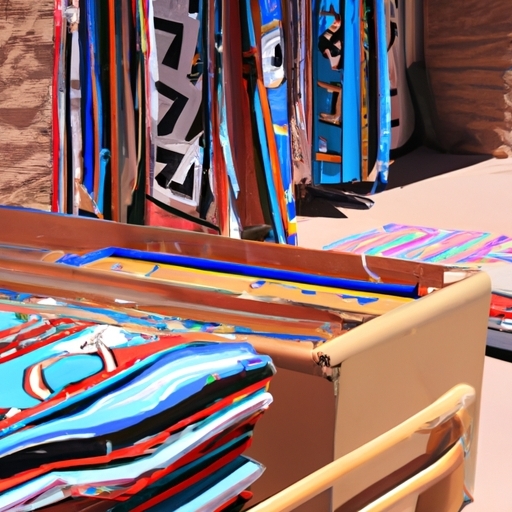how do you know if you are native american
History of Navajo weaving tradition
Understanding your family history and ancestry is a vital part of knowing who you are and where you come from. For many individuals, discovering that they have Native American heritage can be a source of pride and connection to their roots.
There are several ways to determine if you have Native American ancestry. One common method is through oral history passed down through generations. Listening to stories told by older relatives about your family's origins can provide valuable clues about any Native American connections.
Another way to trace your Native American heritage is through genealogical research. By examining birth certificates, marriage records, and census data, you may uncover evidence of indigenous ancestors in your family tree.
Additionally, DNA testing has become a popular tool for people seeking out their ancestral background. Companies like AncestryDNA and 23andMe offer genetic tests that can reveal the presence of Native American markers in your DNA.
It is important to approach the topic of Native American ancestry with sensitivity and respect. The history of indigenous peoples in North America is complex and often fraught with painful experiences of colonization and oppression. If you do discover that you have Native American heritage, it is crucial to honor and appreciate this aspect of your identity while also educating yourself about the cultural traditions and histories of indigenous communities.
Ultimately, understanding your family history and ancestry, including any potential Native American roots, can enrich your sense of self and deepen your connection to the past. Embracing all aspects of your heritage can help you cultivate a greater appreciation for diversity and unity within your own family lineage.
navajo weavings and fabrics Store
navajo weavings and fabrics Store
